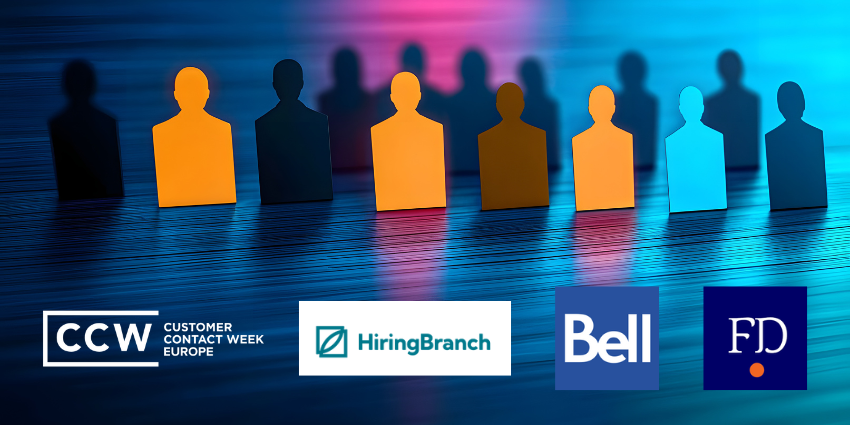Investment firm Anson Funds is allegedly urging Five9 to consider a sale.
Reuters, citing sources close to the matter, reported that Anson Funds had amassed a stake in the CCaaS business and encouraged Five9 to explore being acquired.
While Reuters’ sources have indicated uncertainty regarding Five9’s willingness to consider a sale, the situation remains speculative.
This story follows Five9’s decision last year to decide against a sale to communications and collaboration business Zoom when it broke general policy to publicly confirm it wasn’t pursuing an acquisition. While Zoom wasn’t explicitly mentioned in Five9’s press release, a Reuters source affirmed it was the video conferencing giant that was interested.
Five9 did not respond to Reuters’ request for comment, and Anson Funds declined to comment to the publication.
Zoom and Five9
Zoom had agreed to acquire Five9 in 2021 for $14.7 billion, but Five9’s shareholders rejected the proposed deal because they were reluctant to accept payment in Zoom stock.
The past three years have seen significant changes in Zoom and Five9’s situation. Zoom has made prominent inroads in building and rapidly innovating on its own contact center platform, with hundreds of businesses already deploying it.
Moreover, it acquired Solvvy last year, introducing native conversational AI into its ecosystem, meaning Five9’s intelligent virtual agents (IVAs) wouldn’t be as significant a value add.
Five9 might not be as appealing an acquisition target for Zoom in 2024, but that doesn’t necessarily mean Five9 would experience a death of interested parties in the event the company was interested in selling.
Although Five9’s share price has fallen 45 percent since January, it’s still producing double-digit growth. Just two months ago, in May, the business reported its “largest ever deal” with a Fortune 50 company and prominent US bank, which serves 70 million customers worldwide. The strength of its AI and automation arm was further illustrated by its growth of 15 times in the first quarter of 2024. That progress signals the health of not only Five9’s business but also the CCaaS industry.
What Role Will Consolidation Play In CCaaS?
Gartner research last October outlined that revenue growth in the CCaaS space had slumped since the end of 2021. Across the proceeding six quarters, total year-over-year (YoY) revenue growth in the industry dropped by approximately ten percent. As a consequence, investors have in recent years veered their eyes towards providers becoming profitable instead — which, in turn, places consolidation under the spotlight.
Meanwhile, this investor pressure on Five9 comes two weeks after Microsoft announced the launch of its own CCaaS platform, with the tech giant instantly squeezing its prominent bulk into an already crowded market. It is likely that this ruffled the feathers of Anson Funds with Five9 and other CCaaS investors across the space, too.
With Zoom and Google also entering the market in recent years, many vendors across the CCaaS space are perhaps waking up to the fact that there is no such thing as infinite growth in a world of finite resources.
For example, last year, NICE rolled up LiveVox, and Enghouse snapped up Lifesize after the latter entered bankruptcy.
However, despite faltering growth, CCaaS is not yet a fully mature market, so conversations around consolidation must be had with caution. Last year, Steve Blood, a former VP of the Gartner Sales & Customer Service Practice and now a VP of Market Intelligence and Evangelism Five9, offered a rebuttal on LinkedIn: “I can’t agree this is CCaaS consolidation, at least not yet. Leading providers are still adding capabilities to address new market adjacencies.”
As outlined above, Five9 is still reporting double-digit growth with prominent deals and strong arms such as its AI and automation. Despite alleged investor pressure and a declined share price since the Zoom acquisition rumors were rebuffed in December, the company can point to stable continuity.







